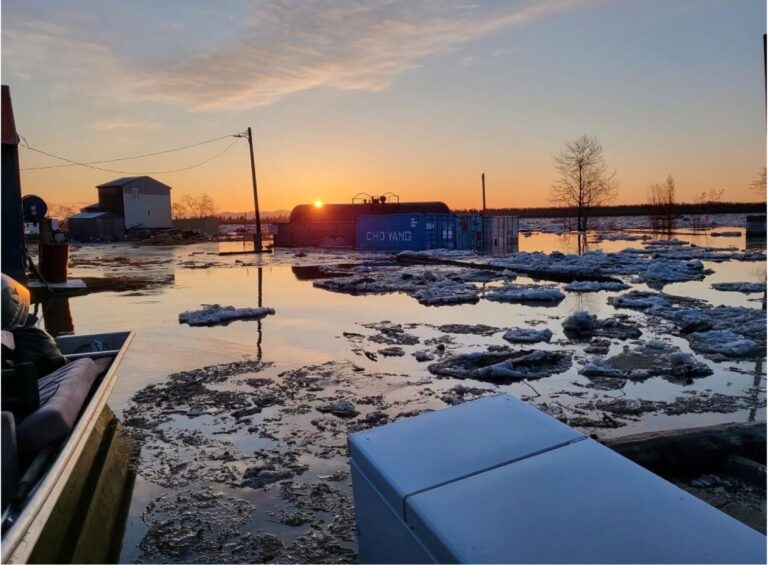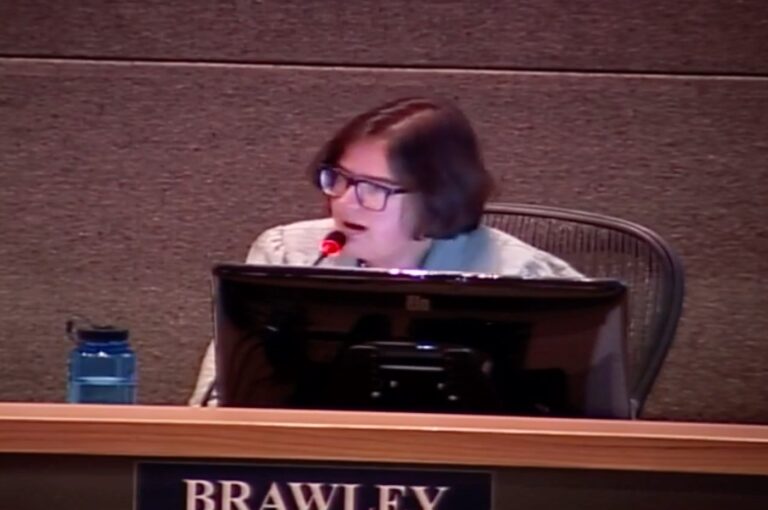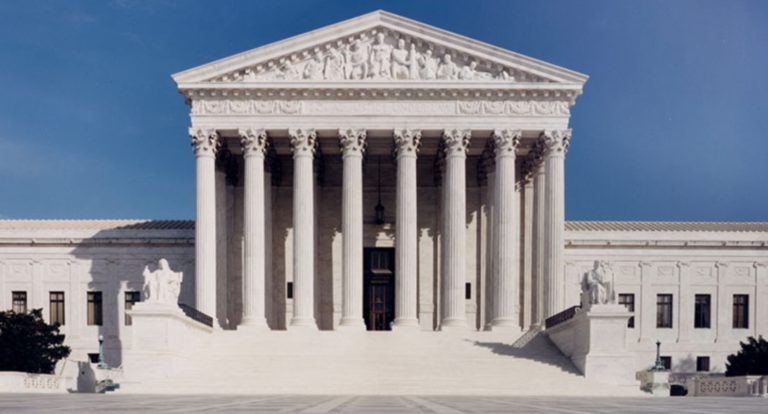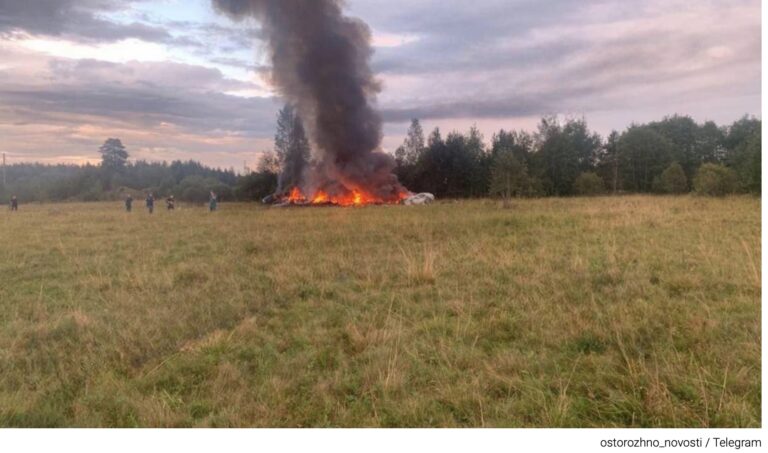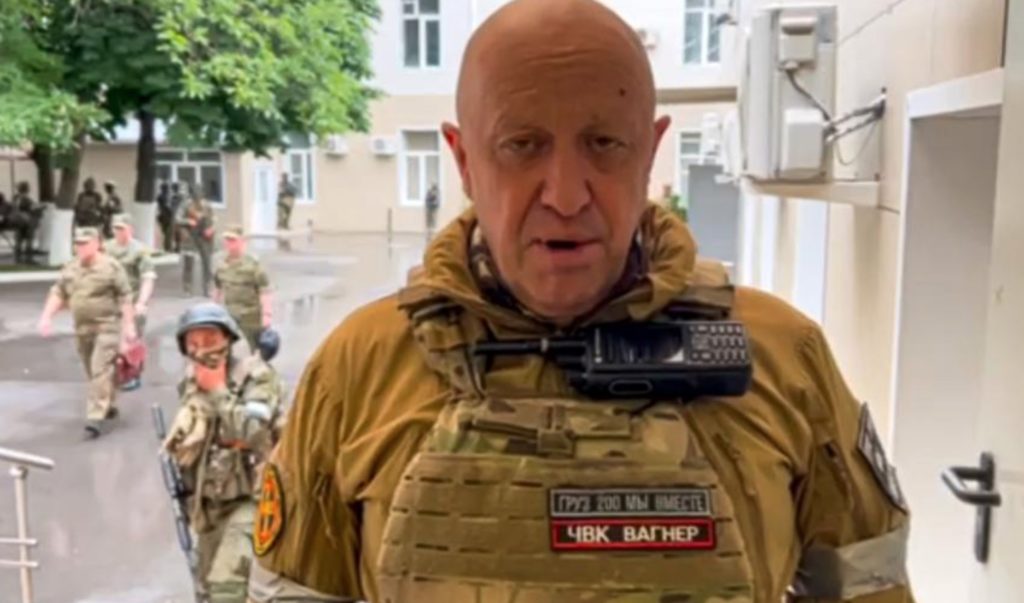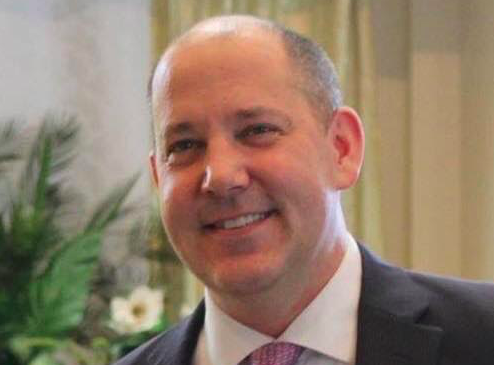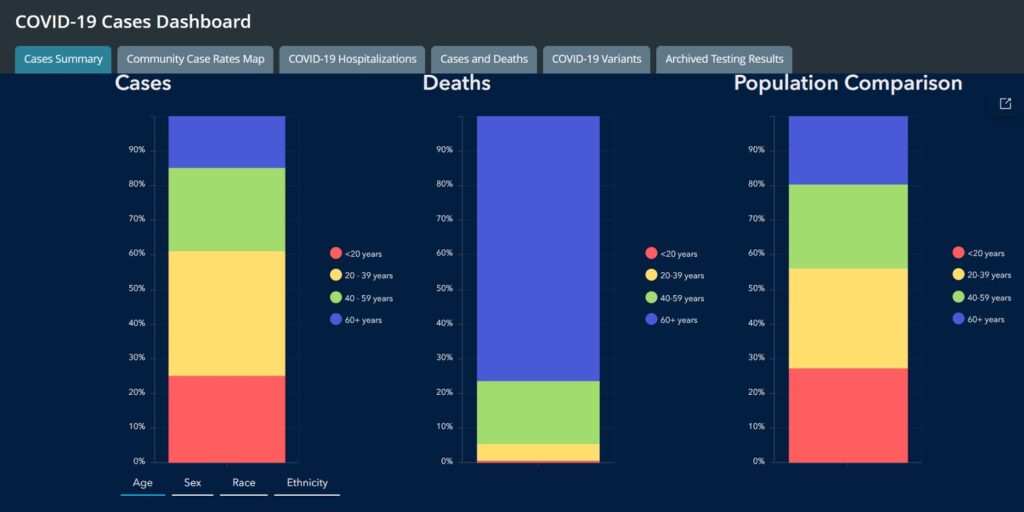Florida Gov. Ron DeSantis came roaring out of the gate as the first speaker during the first Republican presidential debate, held in Milwaukee on Wednesday. The crowd loved him.
“Our country is in decline. This decline is not inevitable. It’s a choice,” DeSantis said, saying that the country needs to send President Joe Biden back to the basement, reverse Bidenomics, and “We cannot succeed as a country if you are working hard, while Hunter Biden is making hundreds of thousands of dollars on lousy paintings.”
Both DeSantis and entrepreneur Vivek Ramaswamy landed some of the most powerful and well-received lines of the night, attacking Joe Biden and his economic policies that have harmed the American economy, and refraining from attacking former President Donald Trump.
In fact, it was Ramaswamy who launched the most vociferous defense of Trump, saying that under Joe Biden, the justice system has been weaponized. His statement drew a huge round of cheers from the crowd in Milwaukee.
Former New Jersey Gov. Chris Christie drew repeated boos from the Republican audience at various points that started from the moment he was introduced. He attacked Ramaswamy as a “Chat GPT” candidate and swiped at Trump repeatedly. He also delivered a strong law-and-order message, saying he would demand U.S. Attorneys pursue criminals more aggressively than Biden has.
The candidates were asked if they’d support a convicted Trump as the Republican Party’s choice. Ramaswamy immediately put his hand up, with Nikki Haley and Tim Scott following him. DeSantis hesitated before raising a hand, and Mike Pence then raised his followed by a reluctant hand from Christie.
Former Vice President Mike Pence surprised many with his strong commitment to conservative principles, including the right to life. The audience gave him a lukewarm response, although there was no outright disrespect.
As the two-hour debate continued, the leading candidates piled on Ramaswamy, who has climbed the polls recently, to the point where he is surpassing DeSantis.
“You have no foreign policy experience and it shows!” said Haley, referring to the 38-year-old candidate’s stance on Ukraine, as she and Ramaswamy talked over each other and pointed. At another point, Pence insulted Ramaswamy by saying he would repeat something for him, but more slowly.
When the eight were asked if they would support Ukraine, Ramaswamy was the only candidate to to say no.
“I think this is disastrous that we are protecting an invasion across somebody else’s border when we should use those same military resources to prevent the invasion of our own southern border,” he said. “I find it offensive that we have professional politicians on this stage that will make a pilgrimage to Kyiv to their pope Zelensky without doing the same think for people in Maui or the south side of Chicago…”
Although the topic of former President Trump came up time and again, it didn’t dominate the debate.
“We have to face the fact that Trump is the most disliked politician in America. We can’t win a general election that way,” Haley said. She also attacked the Republican Party, saying Republicans drove up spending during the Trump Administration.
Christie bashed Trump and said that the former president said he would suspend the Constitution. Moderator Brett Baier had to scold the audience to stop booing.
“If folks at home want to watch a bunch of people blindly bash Trump, they can just flip the channel and watch MSNBC right now. But I’m not running for President of MSNBC, I’m running for President of the United States,” Ramaswamy said.
One unusual aspect of the debate was that perhaps for the first time in history, the candidates were asked about UFOs.
Over on Twitter, Trump held forth with Tucker Carlson in a 45-minute interview that drew more than 74 million viewers in the first hour alone.
The closing arguments of the debate itself were not just about style, but substance. Pence emphasized themes of faith in God and faith in the American people.
Ramaswamy gave the most powerful close of the eight: ” This is our moment to revive those common ideals [of the 1776 revolution]. God is real. There are two genders. Fossil fuels are a requirement for human prosperity. Reverse racism is racism. An open border is not a border. Parents determine the education of their children. The nuclear family is the greatest form of governance known to man. Capitalism lifts us up from poverty. There are three branches of government, not four. And the U.S. Constitution is the strongest guarantor of freedom in human history. That is what won us the American revolution. That is what will win us the revolution of 2024.”
